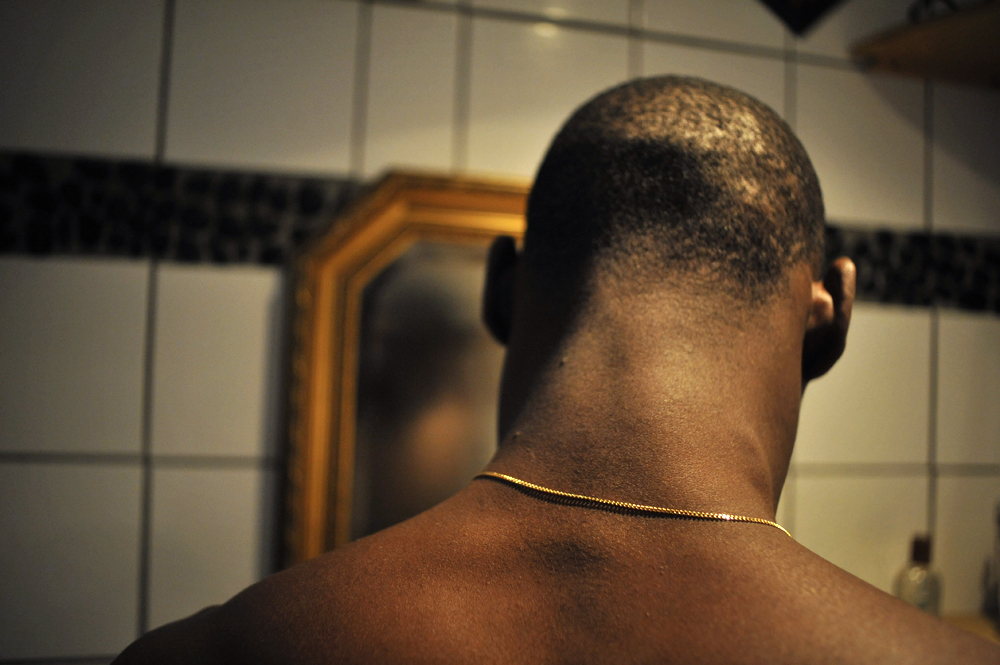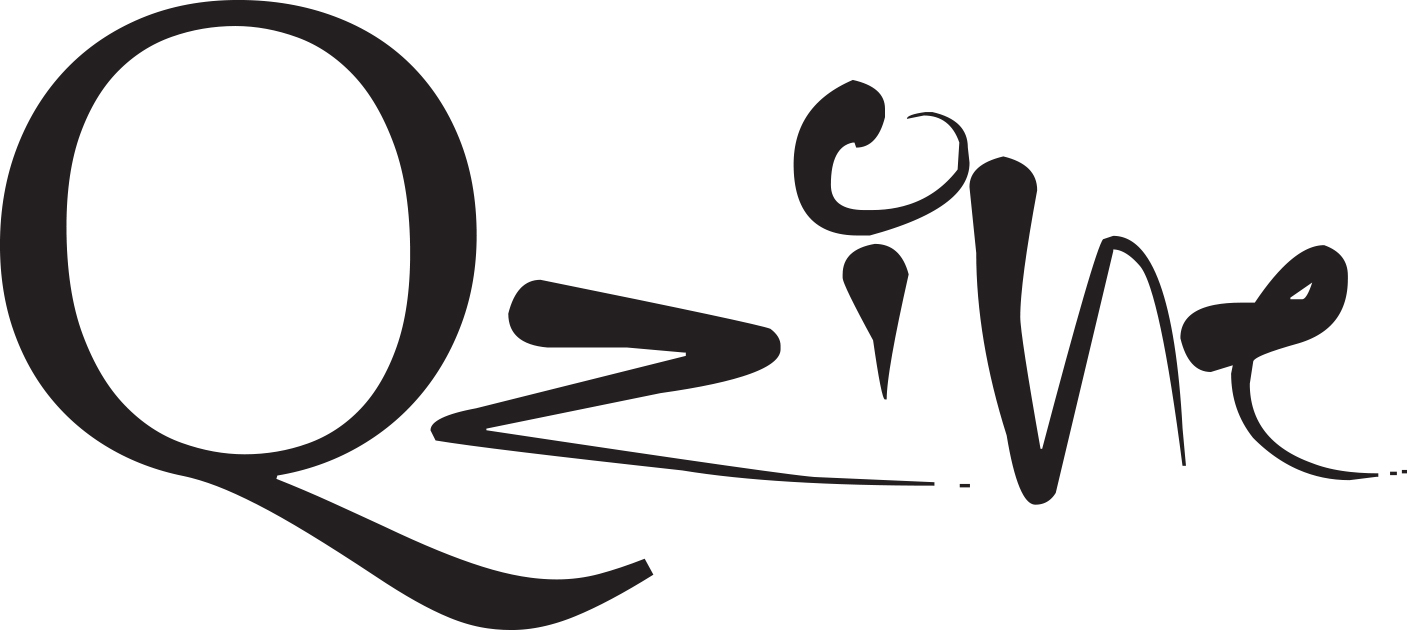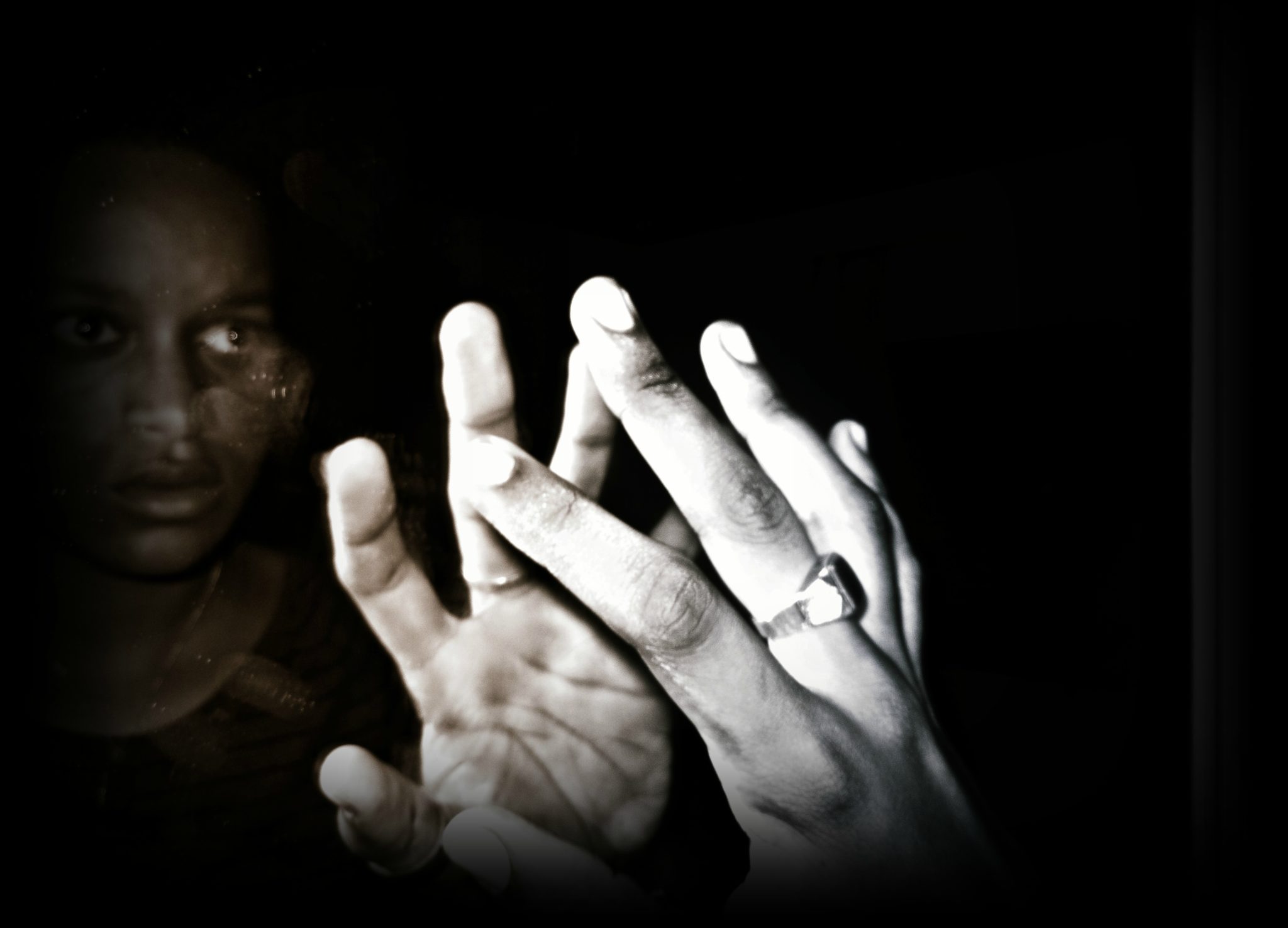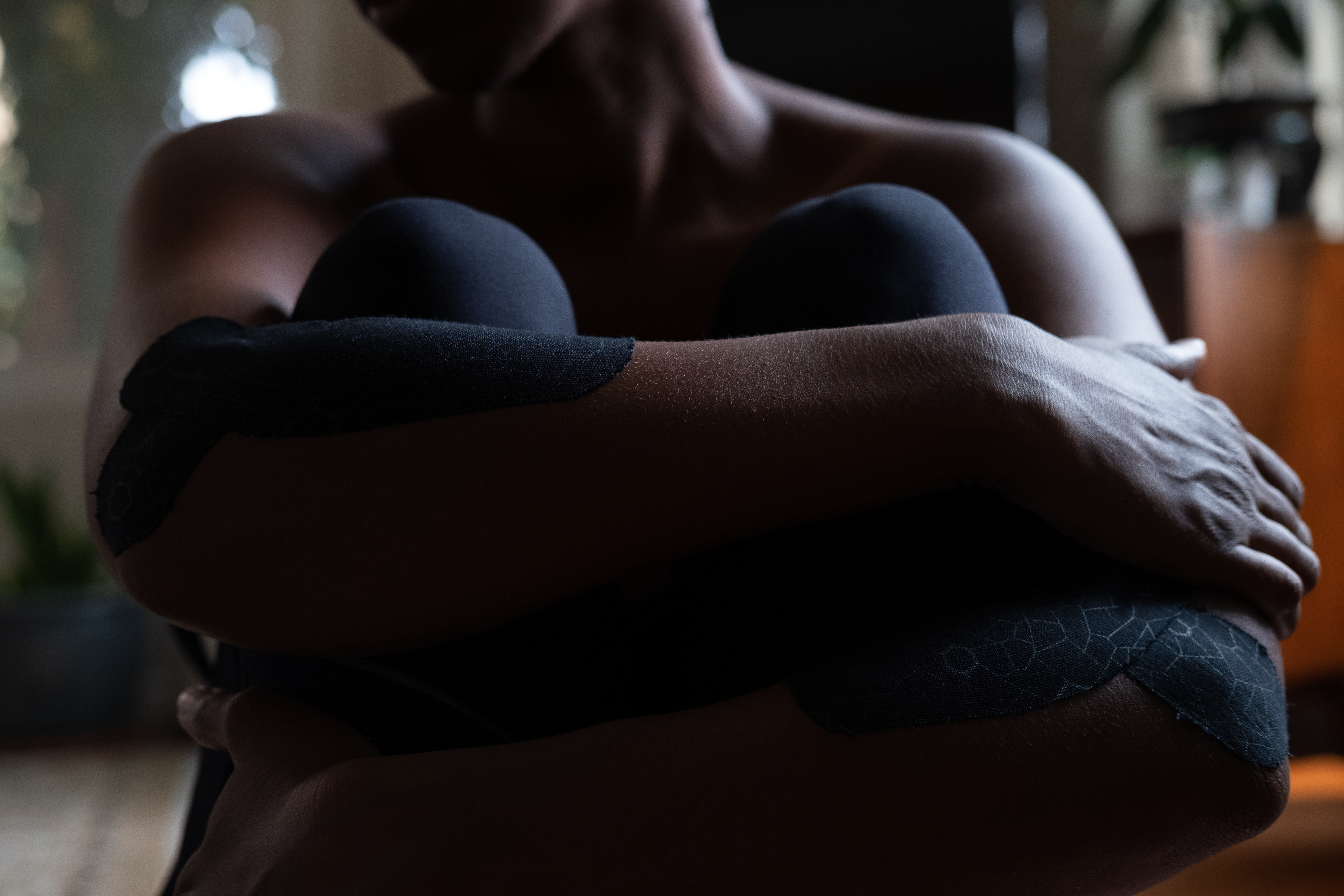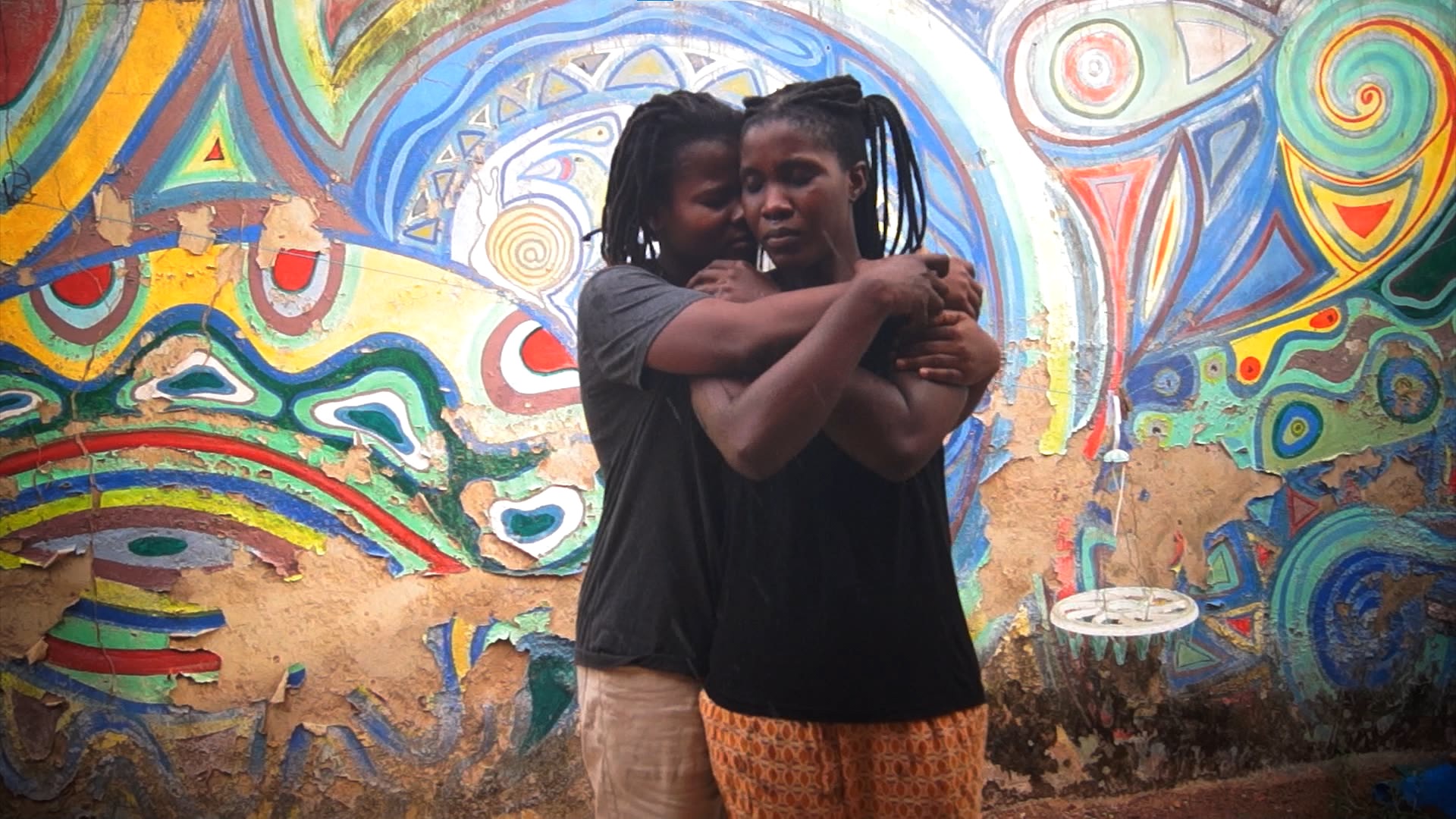From Paris, Portrait of a young Congolese photographer
Interview by Charles Gueboguo. Photo by Nicola Lo Calzo
Excerpt from an interview with Regis Samba Kounzi, Assistant Photographer, amateur photographer, activist and former employee of Act-Up Paris.
Hi Regis, can we have a quick introduction to our readers?
Originally from Congo, I live in Paris but I remain attached to the continent politically and culturally. Professionally, I used to work for Act-Up Paris, a gay organization created in 1989 to ensure equal protection of all people affected by AIDS. I am currently working as an associate to a photographer, Nicola Lo Calzo, whose work is part of a documentary exploring the links between journalism and art photography, with attention to minorities and human rights.
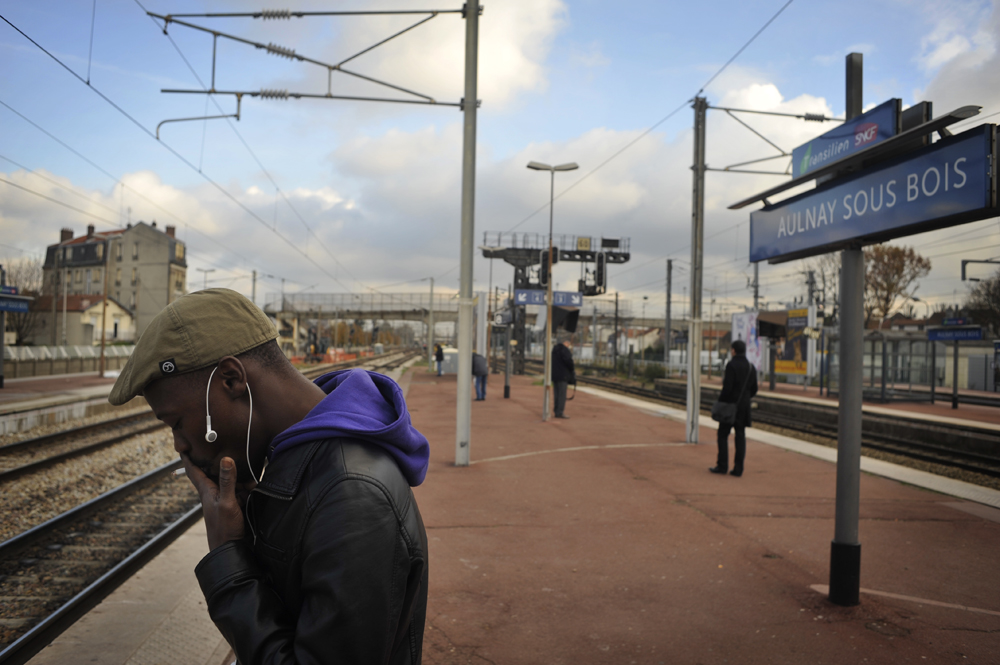
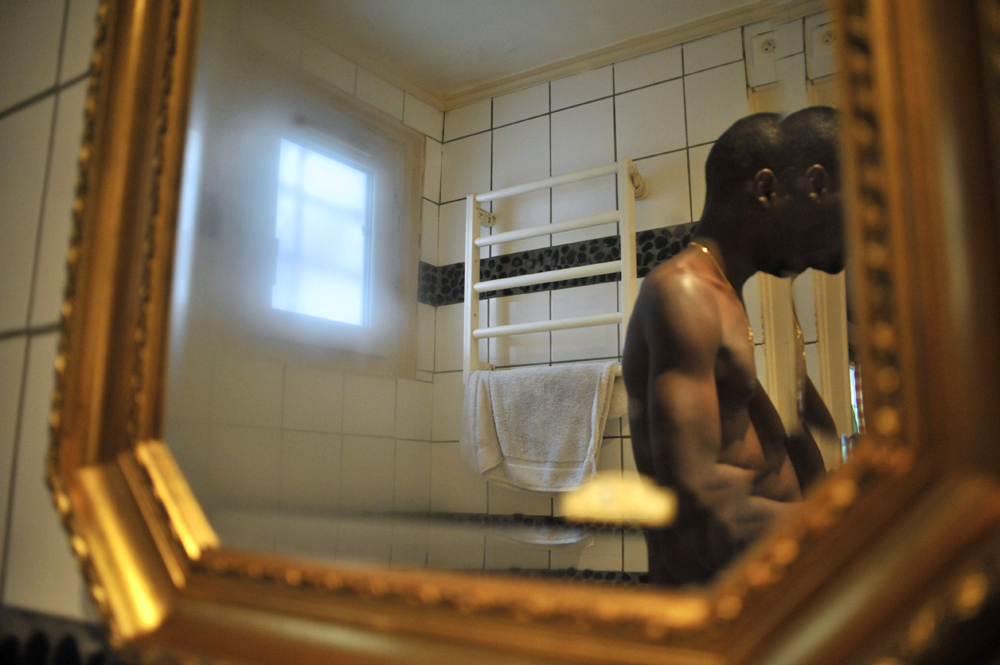
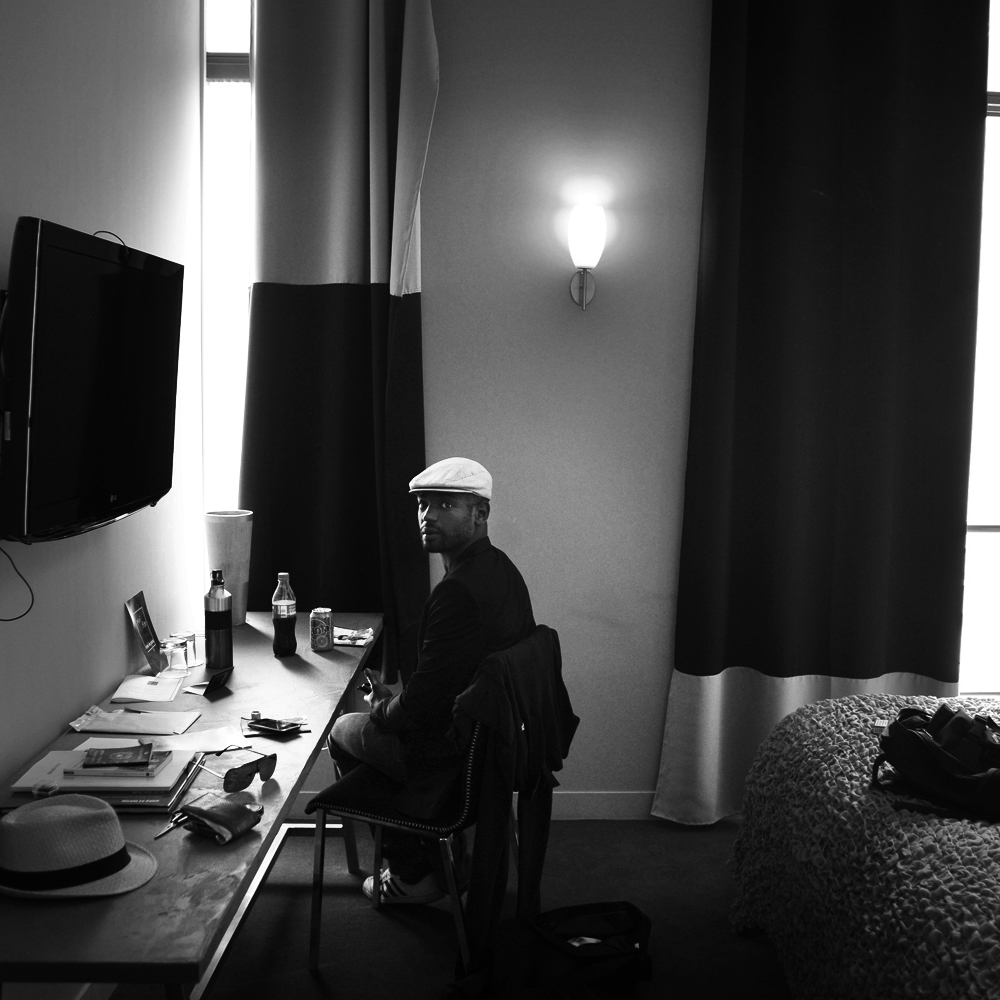
Tell us more about this project?
I must first say that I am very fortunate to be working with a committed artist with whom I share common values of justice, solidarity and tolerance. That’s being said, this particular project is a collective work between Nicola and several individuals and organizations. I cite as an example the UNESCO in Africa or visu, participatory platform for exchanges around the art of photographers in Africa. As regards to my personal role, I’m versatile, having an advisory role and being involved in all levels of decision-making processes. Additionally, I do networking; handle different logistical tasks; do drafting and proofreading of documents; manage press relations, and research funding or partnership.
Why photography? What draw you to this medium? What are your future plans as a Photographer?
The following quote from Helmut Gernsheim perfectly reflects my thoughts: “Photography is the only “language” that is understood in all parts of the world and brings together nations and cultures, it unites the human family. Independent from political influence, where people are free, it accurately reflects the life and events, allows us to share the hopes and despair of others, and illuminates the conditions of political and social life. We become witnesses of the humanity and inhumanity of mankind. ” I like the multidisciplinary nature of photography, which may be at the crossroads of journalism, literature and art, both playful and didactic. I especially like when the goal is to convey information, educate … Give food for thought.
As an enthusiast of photography since the age of 20 years, today I feel the need to get involved more in this area, partly because I evolve in this artistic environment and secondly because I can now devote the time and energy required. Currently, the topic of same-sex parenting that interests me.
As a Photographer, what’s your vision of the world, what philosophy guides your artistic work?
Commitment and ethics are central to my values; I use all means to defend causes that are dear to my heart. I have a vision of the world based on solidarity and tolerance and the best way for me to grow, to feel useful is to be involved in projects for the defense of individual rights that I consider fundamental irreducible regardless of the culture to which one belongs. My values include access to health, equality of rights with respect to gender and sexuality, and the fight against racism. I support the work that reflects the principles and values of resistance and ethics that I believe. Of course, my work is artistic with political dimension.
If I say photo, African LGBTI and activism?
I answer Zanele Muholi, South African photographer who works on violence and discrimination faced by black lesbians in her country. I also think the work of Italian photographer Luca Locatelli on a gay Ugandan activist, Dennis Wamala. http://lucalocatelli.photoshelter.com/gallery/Homosexual-activist-in-Uganda/G0000vzNPTQ6OO0c/. And of course, Nicola’s project, “Not Only Black”. This photographic project wishes to question the experience of gay Afro-Caribbean in Paris, Ile de France and in some countries and islands of origin.
So you must know that I will come to the question of the impact of your work with young LGBTI: Can we put it in those terms?
Yes, my ambition is that my work somehow improve the lives of people, or at least that their situation is less ignored. I hope my current or past work has had an impact on LGBTI youth. I put my energy to challenge all forms of discrimination and to support a simple principle, that of ensuring that the law is relentless and defend human rights. The work carried out in the framework of Act Up namely the access to equal rights and decent living conditions in France; access to generic medicines in developing countries; the fight against homophobia that must be addressed by all, in particular by public figures in Western countries or in African.
What would you say to all the young African LGBTI who would follow your path, but who are convinced that their sexual orientation is an obstacle?
In fact, the message would be that we must fight against the injustice which suggests that sexual orientation is an obstacle to anything, and this message is for all gay and whatever their origin, color and social status. It is perfectly human to aspire to live one’s life quietly and to be respected. This is not that sexual orientation is an obstacle to photography or advocacy; it is the fear of the judgment of others that is paralyzing. Given this considerable social pressure, LGBTIs not only fear alienating their family, relatives etc.., but also the fear of violence, even death sometimes are not to be taken lightly. Nevertheless, we have no choice but to cultivate self-esteem within the heteronormative society we live in. I have always made it a point to live my life as it suited me, as long as this does not encroach on the freedom and rights of others. We do have a lot to overcome, but it can by actively working to end our isolation.
Black and LGBTI in Paris: Endless possibilities?
At the heart of several cultural, social, and political gathering, Paris is often regarded as a landmark of the “gay subculture” in Europe. For many LGBTIs, Paris remains a great place to live. Often marginalized and stigmatized, LGBTIs find in the capital, a certain freedom. The gay-friendly places are abundant and Internet facilitates meetings and they are many LGBTI associations. Although the city is a highly multi-cultural capital, it is still difficult to freely talk about one’s sexual orientation. France in general remains a crossroads of cultures. And this too is very important. I think it’s Saul Williams, a New Yorker musician, who said he came to Paris to set up for this reason. I believe that for over a decade, the LGBTI community has been reflecting on this multi-cultural heritage. One association that pops in mind is Tjenbé Rèd, which is an Afro-Caribbean LGBTI organization. However, associations and individuals as “brothers and sisters”
should be mentors to guard young LGBTI who arrive in Paris and can sometimes be a little dazed by the feeling of power and freedom that one feels sometimes within the community. Within all the glamour and glitters, it shouldn’t be forgotten that Paris was also the European Capital of AIDS.
Any last words?
Same-sex marriage and parenting: As the father of a boy, and in a couple, I find it bitter France’s delay in recognizing these basic citizen rights for homosexuals. Even if the new head of state made a commitment to the gay community during the campaign period, we are still far from enjoying equal rights in France.
